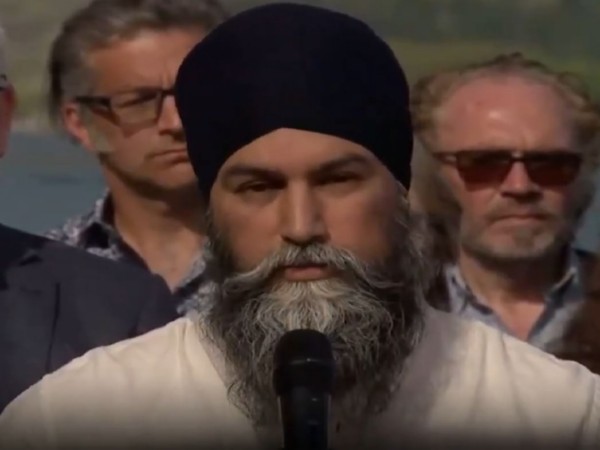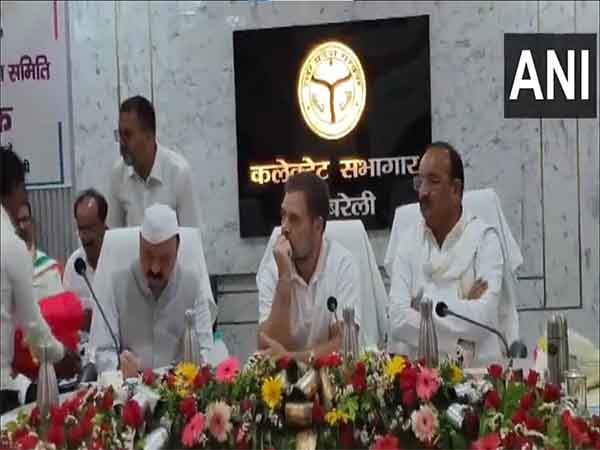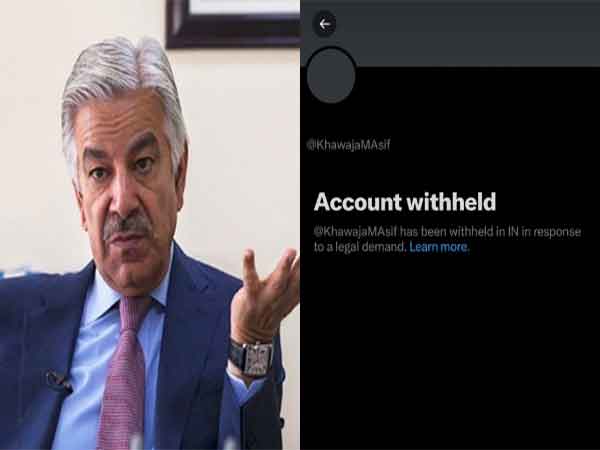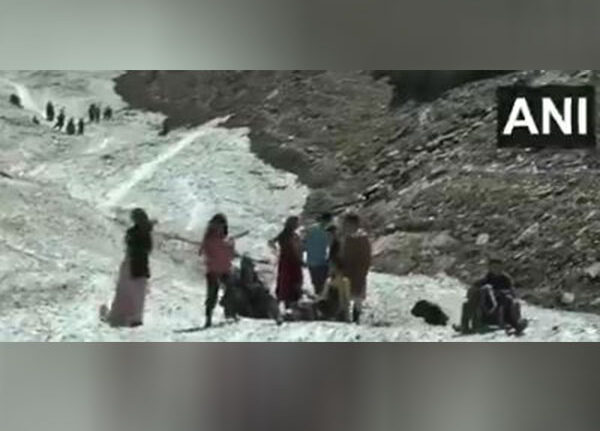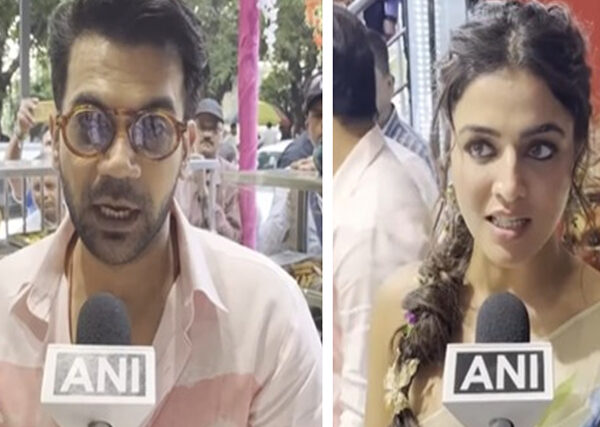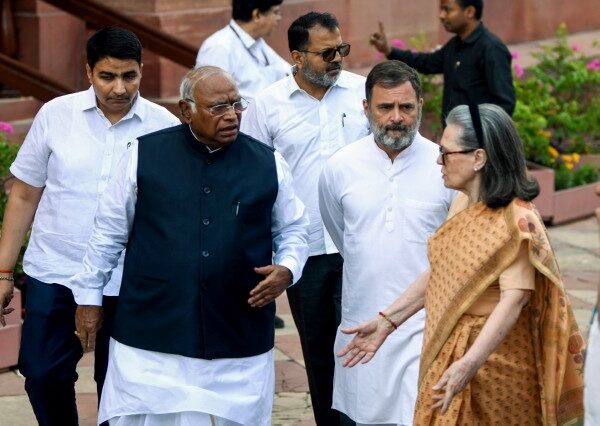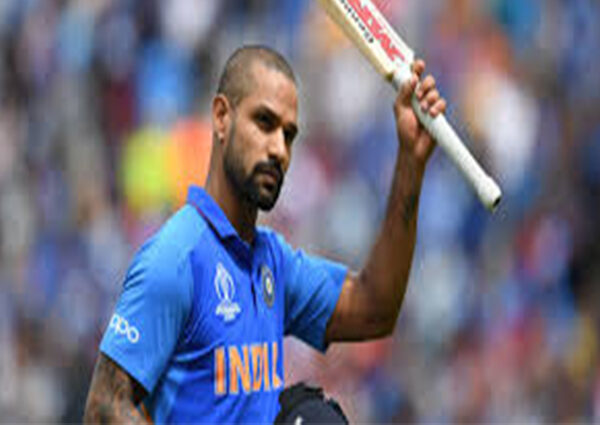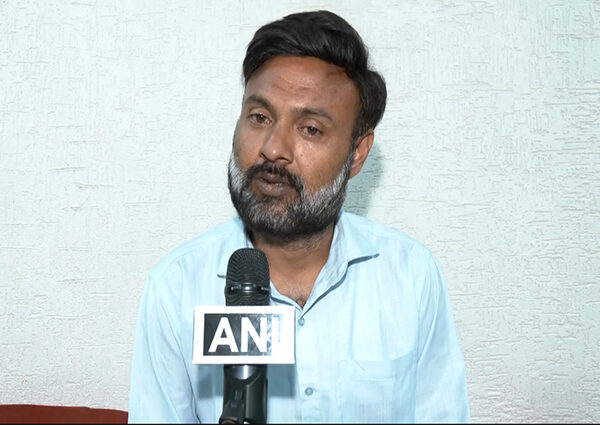Pro Khalistani, Canadian politician and New Democratic Party (NDP) chief Jagmeet Singh has announced that he will be stepping down after support for his party collapsed in Canada’s federal election and he conceded his seat, CTV news reported.
Singh lost his seat in the House of Commons, one he’s held since 2019, coming in third. His seat of Burnaby Central in British Columbia was affected by redistribution ahead of this election. The NDP has also lost its official status, failing to secure the 12 seats necessary.
“It’s been the honour of my life to lead the NDP and to represent the people of Burnaby Central. Congratulations to Prime Minister Carney, and to all the other leaders on a hard-fought campaign. I know this night is disappointing for New Democrats. I am disappointed that we could not win more seats. But I am not disappointed in our movement. I am hopeful for our Party. I know that we will always choose hope over fear,” he said in a post on X after his loss.
Jagmeet Singh has been a vocal pro-Khalistan advocate and has frequently spoken on behalf of Khalistan activists in Canada.
Meanwhile, Canadian Prime Minister Mark Carney and his Liberal Party are projected to retain power, winning enough seats in the 45th federal election to form the government. Carey had taken over from Justin Trudeau, who resigned towards the end of his term after his party lost faith in him.
The Canadian election was fought in the wake of Tariff threats from U.S. President Donald Trump and his repeated attacks on the country, dubbing it the 51st state of the United States.
According to an IPSOS poll conducted by Global News, the Liberal party held a four-point lead heading into Monday’s polls. This federal election was called earlier than scheduled after Carney, newly installed as Prime Minister, dissolved Parliament and sought a fresh mandate.
Justin Trudeau’s tenure was marked by his adverse relationship with India after he claimed that the Indian government had a hand in the killing of NIA-designated terrorist Hardeep Nijjar.
Mark Carney has publicly advocated for better relations with India, making it a point to send his condolences after the Pahalgam terror attack. (ANI)
